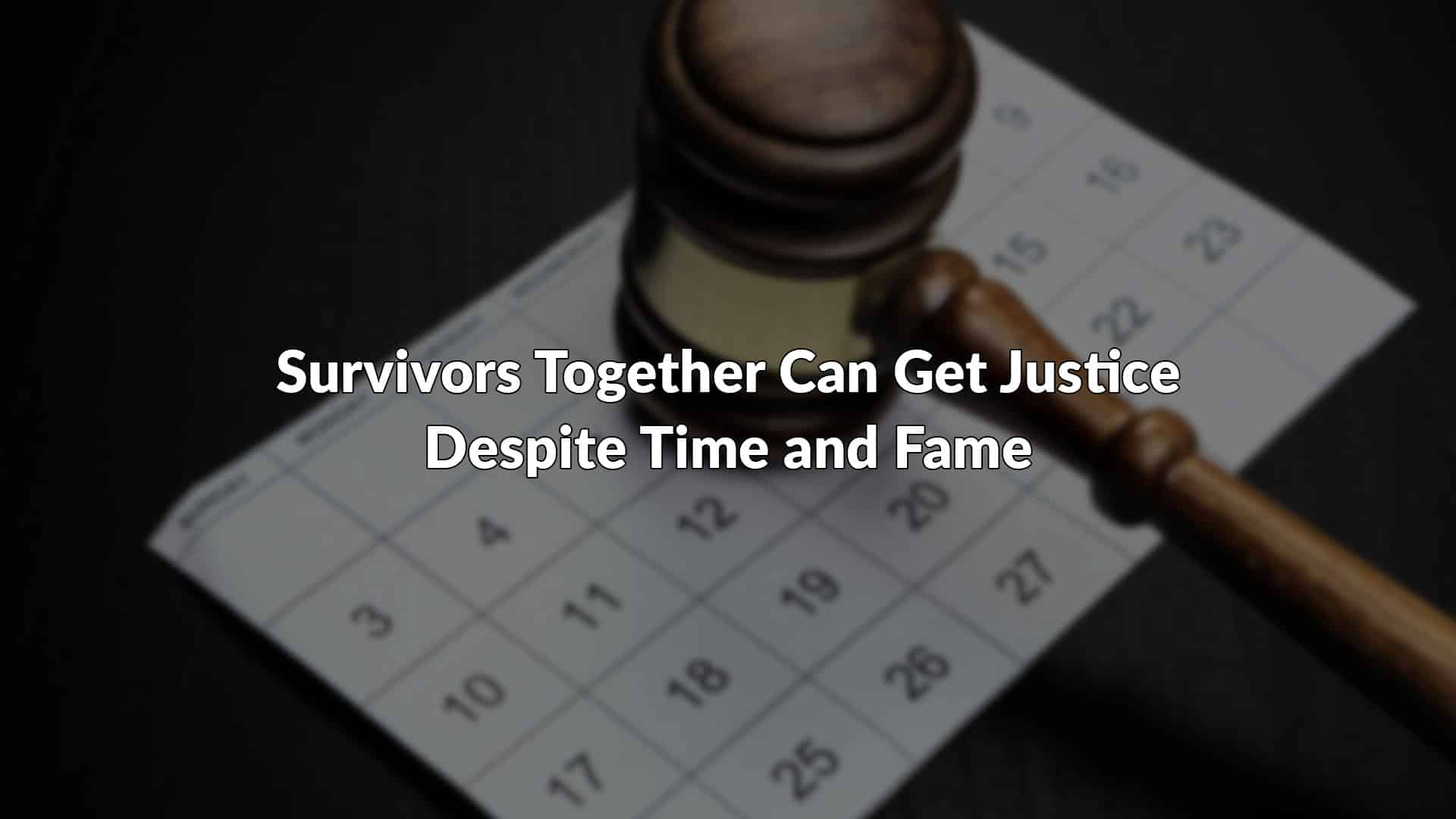
Amara’s Equal Justice Works Crime Victims Justice Corps Fellow, Dena Shayne, testified
that under the current statute, victims of trafficking face additional hurdles to securing a protection order. The statute allows petitioners, who have a romantic or familial relationship with the respondent, to file for a protective order against a respondent. However, victims of sex trafficking cannot always demonstrate the requisite relationship with their trafficker to obtain a protection order. Thus, this lack of romantic or familial relationship can bar sex trafficking victims from obtaining protection orders against their trafficker.
Additionally, Dena noted that victims of sex trafficking often feel vulnerable when requesting help from legal authorities because they are scared they will be criminally charged with prostitution. Criminalizing sex trafficking victims, who come asking for protection from their trafficker, suggests that these victims do not deserve to be protected from people committing the crime of trafficking human beings. Similarly, individuals otherwise engaged in sex work are hesitant to come forward to seek civil protection orders when they have been victims of crimes like sexual assault or abuse because they are afraid of being charged with prostitution. Therefore, Amara recommends that just as respondents receive legal protection from criminal consequences of their statements in domestic violence proceedings, and in proceedings pursuant to this bill, petitioners, whether sex workers or survivors of sex trafficking, should also receive legal protection by making sure that statements made in proceedings showing sex trafficking cannot be later used to support a prostitution conviction.

Finally, Dena clarified the section in the amendment that pertains to minors. While Amara supports the ability of minors to seek protection orders, Amara proposed language that would clarify the ability of minors between the ages of 12 and 16 to request a protection order if they are victims of trafficking, and urged the Council and community advocates to keep the amendment as expansive as possible.
Ultimately, Dena noted that the council has the opportunity now to ensure that the DC laws, somewhat adequately respond to survivor’s needs. Allowing trafficking survivors to receive the appropriate support and protection they deserve – without further using it to criminalize them – will enable survivors to gain economic security, and the ability to build and live their lives in any way they see fit.
You can watch the testimony online here.
Nichelle Stephens is interning at the Amara Legal Center and is a 3L at Howard University School of Law. Nichelle is interning at Amara because of her strong interest in the intersection between family law and survivors of sex trafficking. Nichelle will pursue a career focused on child advocacy and human rights work. She hopes to continue to fight for justice and make a difference in the underserved community.



